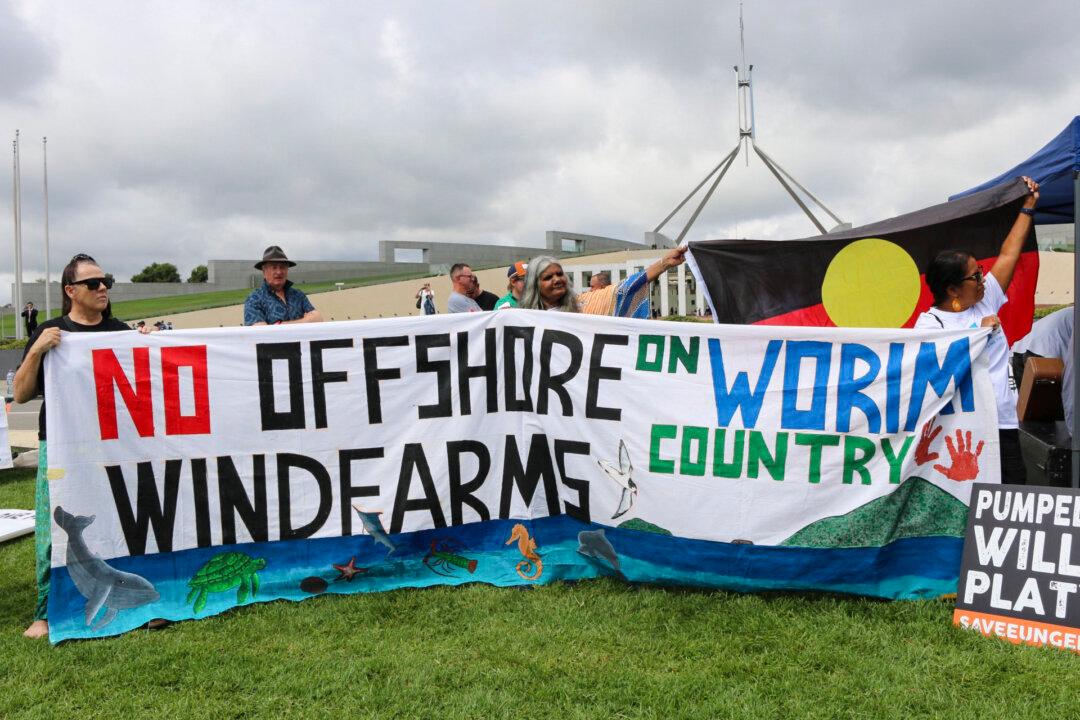Sky News lawyers are demanding that the Royal Melbourne Institute of Technology (RMIT) FactLab pay for lost revenue due to several “fact-checks” on the channel’s online TV content.
The Australian newspaper—owned by Newscorp—the same parent company of Sky News, reported that lawyers wrote a letter to the FactLab also demanding they retract five fact-checks, four of which are related to the Voice to Parliament referendum.




